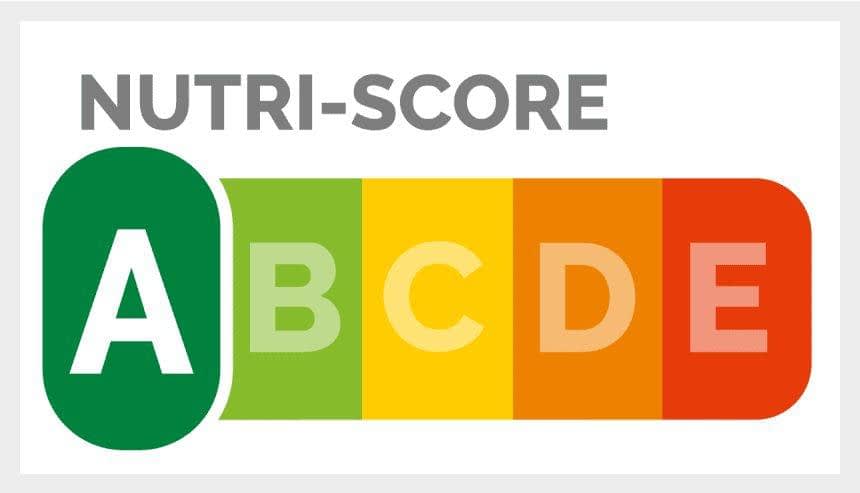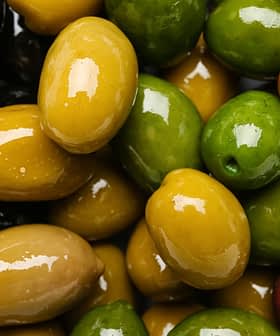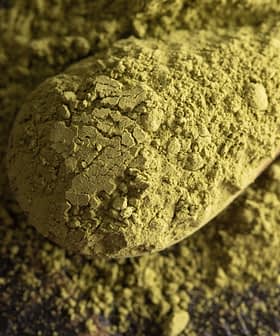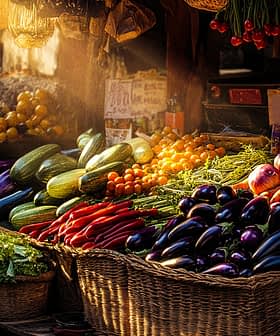Studies Indicate Labels Like Nutri-Score Help Consumers Make Healthy Choices

The European Union’s Joint Research Center published studies showing that front-of-pack-labeling systems like Nutri-Score can influence consumers to make healthier food choices, leading to Nutri-Score being a front runner for the E.U.‘s mandatory FOPL. The studies also indicated that FOPLs incentivize the food industry to improve product nutritional quality, consumers prefer simple FOPLs, and the country of origin and environmental impact of products influence consumer choices.
The European Union’s Joint Research Center has published four studies showing that some front-of-pack-labeling (FOPL) systems, such as Nutri-Score, might influence consumers to make healthier decisions when shopping for food.
Nutri-Score’s advocates see the publication of these studies, which act as an official update to the scientific position of the European Commission, as an implicit endorsement of the FOPL.
The European Commission remains on pace to name a single mandatory FOPL for the E.U. in the next six months, with Nutri-Score firmly in place as the front runner.
See Also:Hundreds of Scientists Support Adoption of Nutri-Score Labeling SystemThe JRC studies indicated that FOPLs incentivize the food industry to enhance the nutritional quality of their products to improve the products’ scores.
According to the studies, consumers prefer simple, colorful and evaluative FOPLs. In addition, consumers understand less complex labels more easily than more complicated, monochrome and non-evaluative labels.
Other findings show how FOPLs more efficiently inform consumers compared to menu labels, shelf labels, point-of-sale signs, QR codes, website hyperlinks and other external tools that offer access to information.
The JRC studies also highlighted how deeply consumers are influenced by the country of origin of a product. However, when buying groceries, time pressure or the attractiveness of specific products due to advertising or packaging often distracts consumers from investigating the product’s origin.
Consumers also favor products that advertise their low environmental impacts.
“The JRC position seems to specifically counter all major criticism that has been raised against Nutri-Score in the last two years,” Cristina Chirico, the director of the Agriculture is Life Association in Italy and head of the international office of the Confederation of Italian Farmers, told Olive Oil Times.
Nutri-Score is a traffic-light-style FOPL that uses a combination of five coordinated colors and letters to rate how healthy a packaged food item is based on its fat, sugar, salt and calorie content per 100 gram or milliliter serving. The “Green A” indicates the healthiest option, and “Red E” denotes the least healthy.
According to its promoters, Nutri-Score allows consumers to compare food within the same product category.
Most grades of olive oil, including extra virgin olive oil, receive a “Light-green B” from Nutri-Score, the second highest rating. Olive oils previously received a “Yellow C,” but heavy lobbying from across the olive oil world resulted in a tweak in the algorithm to consider the type of fat content. Olive oil is approximately 76 percent monounsaturated fat.
In a presentation of the study results, the JRC said the new findings would help inform the European Commission’s decision on which FOPL will be selected for mandatory adoption across the E.U.
In response to the study, Serge Hercberg, Nutri-Score’s creator, said the FOPL perfectly adhered to all of the JRC’s findings.
“Conversely, the Italian Nutrinform Battery FOPL is classified as a monochrome, non-evaluative and complex front-of-pack nutritional labeling (corresponding to labels less well positioned by JRC in terms of usefulness and efficiency),” he added.

According to Hercberg, the findings from the JRC studies further refute the allegations made by lobbyist groups and agricultural associations that argue Nutri-Score is overly simplistic and hurts traditional producers.
The most intense criticisms of Nutri-Score have come from Italy, where the government, farming associations and academics have rebuked the FOPL. The JRC findings also have been met with widespread criticism.
See Also:Indian Consumers Reject Nutri-Score and Other Labels“Italy has been working as a whole to ditch a labeling system which is believed to be misleading consumers,” Chirico said. “That position does not change. So we will press on with our challenge.”
“We are worried by the timing and the contents of the JRC update and by some criticism to the Italian position, which is not the effect of lobbying; it is a fight for the health and the interests of European consumers and farmers,” she added.
Chirico said associations and stakeholders in Italy would continue to push back against Nutri-Score, which they believe to be a simplistic food rating system.
“Unhealthy eating is the byproduct of abandoning traditional farming models,” she added. “Sustainable farming production is inherently linked to healthy and sustainable consumption.”
Like many others in Italy, she believes authorities must take a more holistic approach to food labeling, citing the pillars of the Mediterranean diet as an example.
“The goal we are all working for is to raise consumers’ awareness about the nutritional qualities of food,” Chirico said. “The difference here is that we consider the effects of a whole diet. We believe an individual’s lifestyle determines their health, not just a single product.”
However, Hercberg said that this type of rhetoric (referring to the general arguments and not the specific one listed above) is made by food lobbies in Italy to defend their economic interests and “flatter culinary nationalism.”
“These pseudo-arguments are, of course, absurd, but they are in line with those conveyed by various political parties in Italy, notably the extreme right and populist parties for electoral reasons,” he added.
Chirico counters that improving healthy eating habits require sustainable agriculture, alleviating food poverty and improving nutrition education, which she maintains that a single food label cannot achieve.
“We cannot accept conditioning the consumer with labels which simply ignore the broader picture of the food system,” she said.
According to European Commission sources, the final decision on whether Nutri-Score will be selected as Europe’s mandatory food label would likely be made public in the first three months of 2023, under the Swedish presidency of the E.U.









